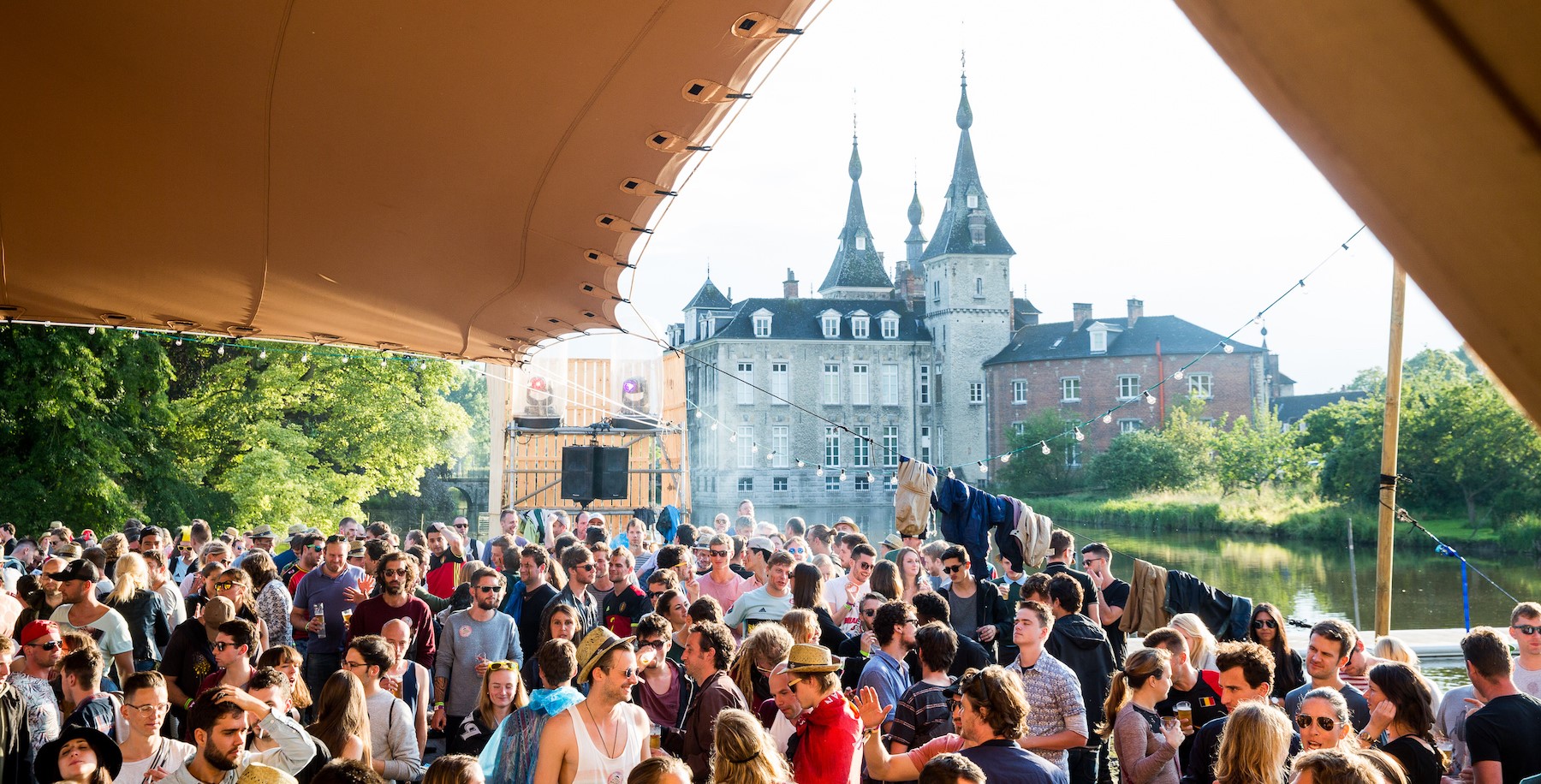- Daily & Weekly newsletters
- Buy & download The Bulletin
- Comment on our articles
A summer without music festivals? The sector responds
Though not entirely unexpected, it still came as a blow: All of Belgium’s summer music festivals are cancelled this year. The Security Council delivered the news last night as part of the announcement on measures to control the spread of the coronavirus.
Belgium is renowned for its summer festivals, both in quality and in sheer number. It is often said that the country is home to more open-air music festivals per capita than any other country in the world.
From the rock’n’roll granddaddies like Werchter and Pukkelpop to the low-key love fests like Couleur Café and Dour, it’s difficult to even imagine a summer in Belgium without music festivals. Even those who don’t attend them cannot escape their endless presence on the news, in the papers and on social media.
Aside from how the fans feel, summer festival organisers and the towns in which they are held are looking at huge financial losses. “We assumed this was coming, so it wasn’t a huge surprise,” admitted Tomorrowland spokesperson Debby Wilmsen to VRT. “We’re relieved to finally hear the verdict.”
Sector is ‘on its knees’
Tomorrowland is one of the world’s biggest dance festivals, pulling in 400,000 people from around the world over two weekends in the little town of Boom in Antwerp province. “A festival of this size has a huge impact. We’re just the tip of the iceberg. Under us are hundreds of suppliers, artists and thousands of staff. There are so many connections, from local shops to hotels in Antwerp and Brussels. The whole sector is on its knees.”
Brussels’s Couleur Café said in a statement today that the government made the right decision. “The safety and well-being of all our visitors, employees and artists could not be guaranteed, and organising a festival might have put extra pressure on the brave people in the healthcare sector.”
The festival is hoping that ticket-holders and local governments will step up to help them survive a missed edition. “This decision has serious financial repercussions on an already fragile cultural sector and our small non-profit organisation,” the festival said. “We may be able to survive this drama, but will have to rely on the support of the government and all our partners, as well as the goodwill of our loyal visitors.”

While the festival did not define exactly what that meant, they are sure to suggest to ticket-holders that they hang on to their ticket for next year’s edition. This has been the most popular response from festivals: Every one of them so far has said any tickets already bought this year will be valid next year.
Many festivals have already announced their dates for next year, and if ticket-holders want to make any changes, they can request a voucher that can be used to purchase tickets for 2021 editions when they go on sale.
Other than that, festivals are suggesting that ticket-holders sell their tickets to someone else, who can use it next year. What festivals really don’t want you to do is ask for a refund. While most of them will offer one, the precarious financial situation makes this a disastrous choice for them.
Festivals will be updating ticket-holders directly or on their websites over the coming days. Paradise City, just over the border with Brussels in Steenokkerzeel, is one of the first to lay out the options for ticket-holders.
Tickets to Paradise City are valid for next year, and vouchers are available for those who might want to change the day of their ticket. “If you really need your money back, you can ask for a refund,” said the festival in a statement. “Please consider using this option only if you have no other way – any support is welcome and will help us get through these tough times together.”
Photos, from top: ©David Pintens/BELGA, courtesy Paradise City


















